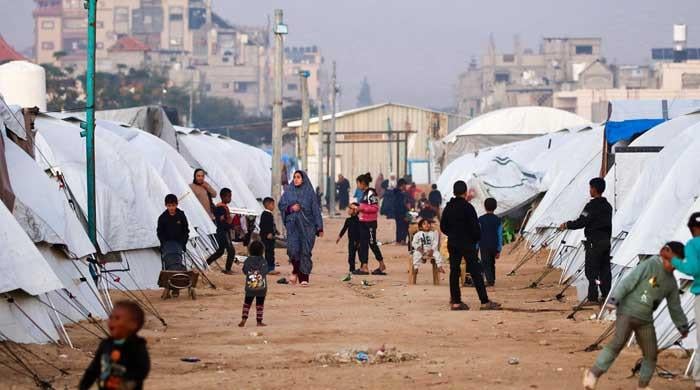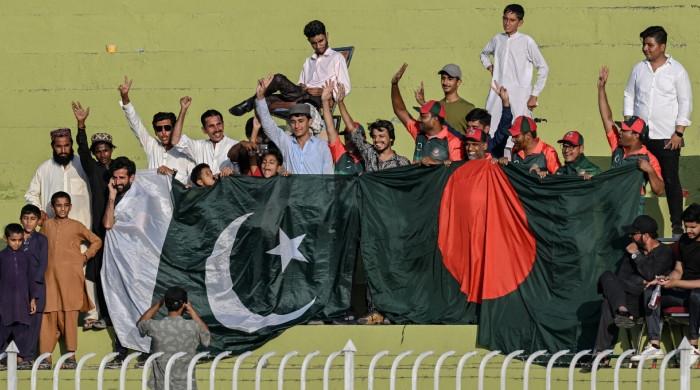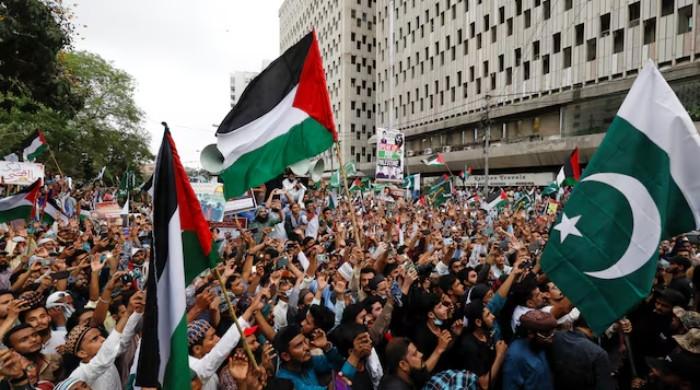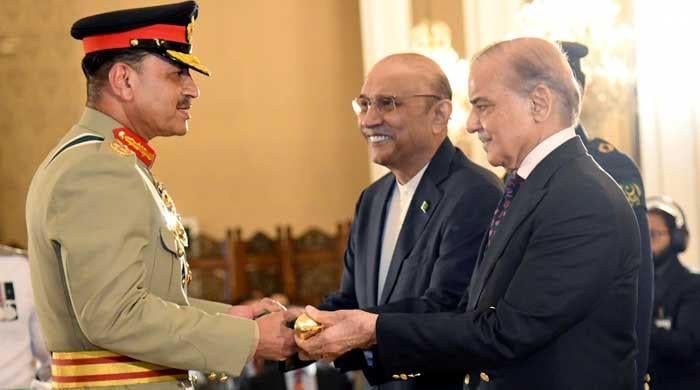The political dilemma of the Muhajir community
The party the Muhajir community routinely voted for and considered a representative of their community now stands divided into four factions.
Earlier this week, the Muttahida Qaumi...
August 24, 2017
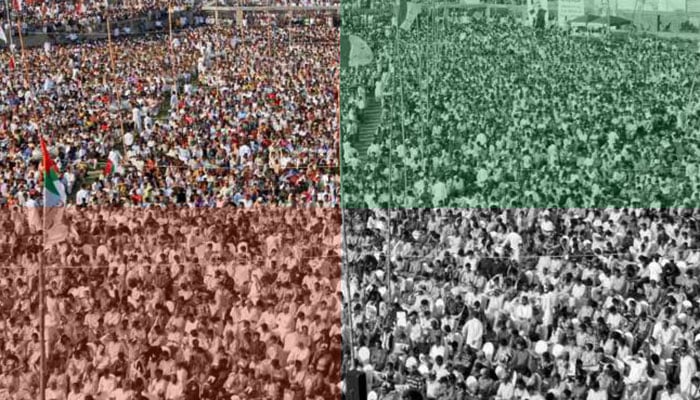
Earlier this week, the Muttahida Qaumi Movement (MQM) Pakistan called for a multiparty conference in Karachi. None of the major parties – namely the Pakistan Peoples' Party, Awami National Party, Pakistan Tehreek-e-Insaaf and Jamaat-e-Islami – responded positively to the request.
Hence, the moot, scheduled for Aug. 22, was cancelled; but the decision wasn’t a complete failure. The call for a sit down helped the MQM-P in breaking the ice with its two split factions – the Pak Sarzameen Party and the Muhajir Qaumi Movement. Both, unlike the others, expressed a willingness to attend.
Why is this significant? This could suggest that the factions are coming closer. Now that the channels of communication are open, this could also lead to a seat adjustment arrangement in the upcoming elections.
Dr. Farooq Sattar, a leader of the MQM-P, even when announcing that the conference had to be called off, publicly thanked Mustafa Kamal of the PSP and Aafaq Ahmed of the MQM-H for their cooperation.
Such a gesture may seem small, but it could result in an important development.
For some time now, the Mujahir community of Karachi has been facing a political dilemma. The party, which they routinely voted for and considered a representative of their community, is in disarray, divided into four factions.
In the last two years, the original MQM has become defunct after being outlawed in the Sindh province. Those now doing politics in the name of the Muhajir community are in a state of flux, attempting to redefine their narrative and image.
For any of the new factions to reconnect with the voters they must initiate an internal cleanup. It is no secret that distrust within the rank and file of the original MQM - once Pakistan’s most powerful and organized force (1978 to 2016) – had led to its rupture and split.
The Pakistan Muslim League Nawaz-led government has recently agreed to let the MQM-P reopen offices at the Khursheed Memorial Hall and the MPAs Hostel in Azizabad as well as its sector and unit offices, but the Sindh government objected, reveal those privy to the development.
If the party is allowed to reinitiate political activities and efforts are underway to reunite its breakaway factions, minus the founder, there could be some saving for the Muhajir parties next elections.
According to insiders, who asked not to be named, there have also been attempts in the MQM-P to carve out a space for the former President General Pervez Musharraf. But he has his own litany of problems to untangle himself from first.
The 1992 operation was a disaster for the MQM. But the 1995 one eventually caused the end of its alleged militant politics. Yet, despite the onslaught, the party decided to re-join the Pakistan Peoples Party government. This decision was the first cause of anger within the party and led to a silent revolt.
The MQM’s waning support was evident in the 2013 national polls, when it lost over 800,000 votes to the PTI. Even some family members of MQM leaders cast their ballots in favour of the rival party or stayed home.
Yet, it managed to cling onto power in Karachi.
But then its founder’s speech on May 19, 2013, clearly set the tone for another split. The senior leadership was humiliated and insulted by his provocative words. Those who left thereafter, including Syed Mustafa Kamal and Anis Qaimkhani, resurfaced three years later and formed the Pak Sarzameen Party.
Muhajir's political dilemma is also a dilemma of the middle class in the metropolitan city, who found an alternative voice in a political system dominated by feudalism. But unfortunately, the party that was to fight against the system soon became a part of it. Those who once felt pride in riding in a Honda-50 motorcycle or in a public bus from their lower middle-class neighbourhoods to the Sindh Assembly had now moved to bigger and shinier vehicles.
It is time for the Muhajirs to learn a few lessons from history and from August 22, if they want to re-emerge as a political force irrespective of the party they choose to vote for, whether the MQM-P or the PSP.
Otherwise, the options are mainstream parties, such as the PPP, PTI, PML or JI, provided they have an interest in urban politics. The PPP, particularly, in the past has failed to address the core political issues of the Urdu-speaking constituency and as a result further alienated them.
-Abbas is a senior columnist and analyst of GEO TV, The News and Jang. He tweets @MazharAbbasGEO
Note: The views expressed by the author do not necessarily reflect the official policy or position of Geo News, The News or the Jang Group






